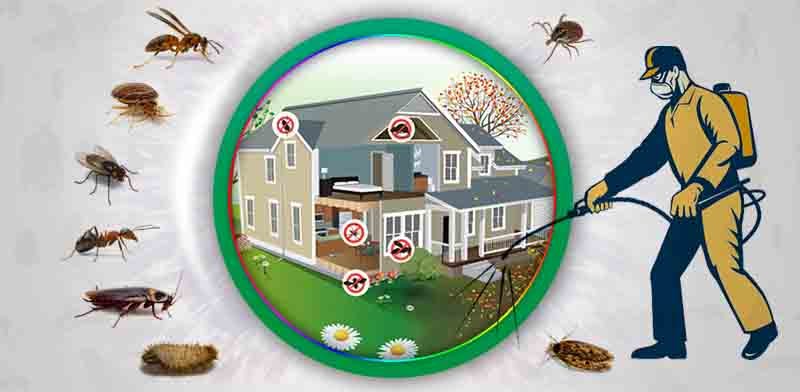Pests are more than just a nuisance; they can threaten our homes, health, and well-being. Whether it’s the persistent ants in the kitchen, the uninvited rodents in the attic, or the sneaky termites silently damaging your property, pests can wreak havoc if left unaddressed. In this extensive guide, we will delve into the significance of pest control, the potential risks associated with common pests, and the implementation of effective strategies to protect your home and overall health.
The Importance of Pest Control:
Pest control is not merely about eliminating creepy crawlies from our living spaces; it is crucial in ensuring a healthy and safe environment. Pests can carry diseases, contaminate food, and cause structural damage to buildings. Timely and effective pest control Melbourne measures help prevent the spread of illnesses, protect property values, and maintain a comfortable living space.
Common Pests and Their Risks:
Rodents:
Rodents such as mice and rats are unsightly and carriers of various diseases. They can contaminate food, chew through wiring, and cause significant damage to homes. Moreover, the excrement and urine they deposit possess the capacity to instigate allergies and respiratory issues.
Insects:
Insects like ants, cockroaches, and bedbugs are among the most common household pests. Apart from being a constant annoyance, they can also transmit diseases and trigger allergic reactions. Bedbugs, for instance, can cause itchy bites and disrupt sleep, leading to potential health issues.
Termites:
Termites may go unnoticed until they’ve caused extensive damage to wooden structures. They silently feed on cellulose-based materials, weakening the structural integrity of buildings. Consistent inspections and preventive measures are essential to steer clear of expensive repairs.
Mosquitoes:
Mosquitoes can be bothersome with their bite-induced itching and act as carriers for diseases like malaria, dengue fever, and the Zika virus. Proper pest control measures, such as eliminating breeding grounds, are essential to curb their population.
Effective Pest Control Strategies:
Integrated Pest Management (IPM):
Integrated Pest Management (IPM) adopts a comprehensive approach, blending diverse methods to effectively manage pests. It involves identifying the pests, monitoring their activities, and implementing biological, physical, and chemical control measures. This method minimizes the use of harmful pesticides and focuses on long-term prevention.
Sealing Entry Points:
Prevention is key to effective pest control Perth. Preventing pests from entering your home in the first place can be achieved by sealing entry points like cracks, gaps, and openings in walls, windows, and doors. Consistent inspections play a crucial role in identifying and addressing potential entry points.
Proper Waste Management:
The presence of food sources attracts pests, and inadequate waste management can provide them with easy access to a feast. To discourage pests from turning your home into their haven, store food in airtight containers, dispose of garbage regularly and uphold cleanliness standards.
Regular Inspections:
Periodic inspections of your home, both indoors and outdoors, can help identify pest problems at an early stage. Timely detection allows for swift action, preventing the issue from escalating.
Conclusion:
Pest control is not a one-time effort but an ongoing process to ensure the health and safety of your home. Understanding the risks associated with common pests and implementing effective control strategies can create a pest-free environment for you and your family. Remember, proactive measures and a combination of methods are essential for a comprehensive pest control plan. Safeguarding your home against pests is an investment in your well-being and the longevity of your property.













Leave a Reply